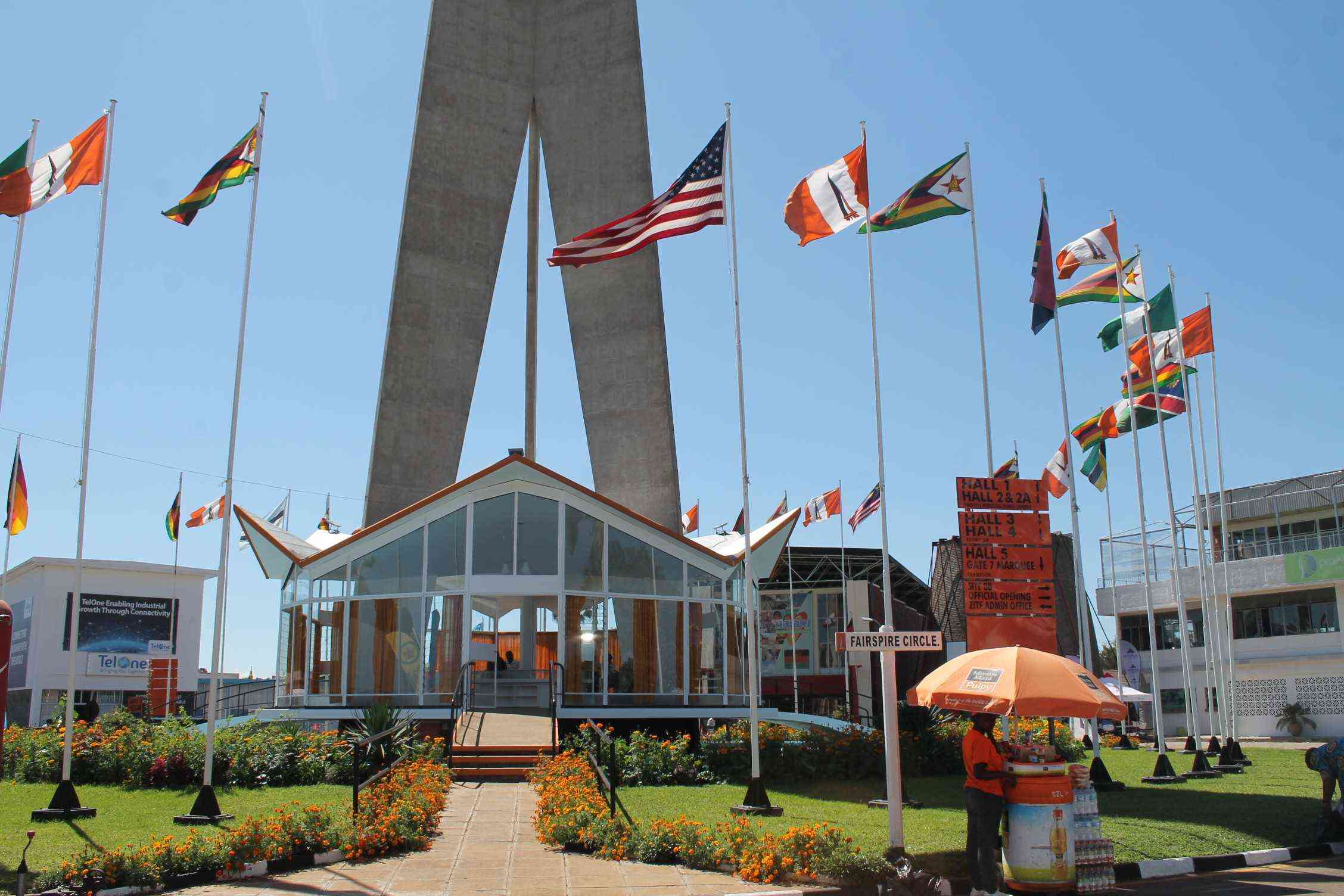
THE 65th edition of the Zimbabwe International Trade Fair (ZITF) roared into life in Bulawayo on Monday and will run up to Saturday. This is more than just a trade showcase — it is a launchpad for strategic visibility, growth and long-term market positioning.
For businesses, exhibiting at such platforms is not just a smart move, it is a necessity for those serious about growth, visibility and staying competitive in the evolving global market.
One of the most immediate benefits of exhibiting at ZITF is the sheer level of exposure. With delegations, investors, industry experts and visitors pouring in from across the globe, ZITF offers a rare opportunity for companies to present their brands before a diverse and influential audience. This is critical in the digital age where brands must cut through online clutter to reach audiences.
People from the finance department always question the logic of exhibiting at such fairs, considering the costs usually associated with participating. But it must be known that these platforms put faces to names and bring brands to life in a way online platforms rarely can.
Exhibitors at such platforms benefit from media coverage, both local and international as well as government interest and high-profile visits. The buzz generated during the fair often translates to social media engagement, Press mentions and word-of-mouth referrals, significantly boosting brand awareness long after the event ends.
Such platforms are not just display events; they are a dialogue. Exhibiting companies enjoy direct interaction with current and prospective customers. This face-to-face engagement builds trust and humanises the brand, which is increasingly valuable in an era where personal experience heavily influences customer loyalty.
Unlike traditional advertising, where the message is one-sided, trade fairs create an interactive space where businesses can receive real-time feedback, answer questions and even demonstrate product capabilities. This enhances credibility and helps exhibitors to refine their marketing strategies and align their offerings with actual customer expectations.
In the business world, relationships are everything. Trade fairs bring together entrepreneurs, industrialists, government officials, development partners and thought leaders under one roof. For exhibitors, this creates fertile ground for forging strategic partnerships, sourcing suppliers or identifying potential distributors and franchisees.
- ZITF Company launches AfriConfex
- Zim must step up to increase exports: UK
- Zanu PF warns fake ED affiliates
- Byo firms take up 21% of ZITF space
Keep Reading
These networking opportunities are critical, especially in a competitive and interconnected global economy. Businesses that leverage on these connections walk away with more than leads — they gain allies, mentors, collaborators and sometimes even investors. The ripple effects of such connections often extend well beyond the trade fair itself, influencing long-term growth and market expansion.
Trade fairs are fertile grounds for lead generation. Businesses can identify serious buyers, engage with decision-makers and gather contacts for follow-ups. These leads are typically warmer than those acquired through other marketing channels because the initial connection is rooted in genuine interest.
Beyond lead generation, exhibitors gain valuable market intelligence. Observing competitor booths, assessing industry trends and noting customer behaviour provide real-time insights that can influence future product development, pricing strategies or market entry plans. For any company that seeks to stay ahead of the curve, this firsthand market research is invaluable.
Since there are several international exhibitors, ZITF presents an incredible opportunity for local companies to position themselves within regional and continental value chains. By exhibiting, companies demonstrate readiness to scale, comply with regional standards and contribute to cross-border trade initiatives.
For local companies, exhibiting offers a patriotic yet strategic advantage — it signals confidence in the local economy while inviting regional players to explore local capacities and synergies. For foreign exhibitors, it is a golden entry point into the southern Africa market with its growing consumer base and investment appeal.
Participating at such trade fairs is no longer just a “nice to have” marketing activity — it is a strategic imperative for any business seeking relevance, resilience and reach. From enhancing brand visibility and building trust with customers to forming partnerships and gathering market intelligence, the benefits of exhibiting are immense.
- Cliff Chiduku is the director of marketing, information and public relations at Manicaland State University of Applied Sciences in Mutare. He writes here in his personal capacity. He can be contacted on cchiduku@gmail.com or call/app +263775716517.










